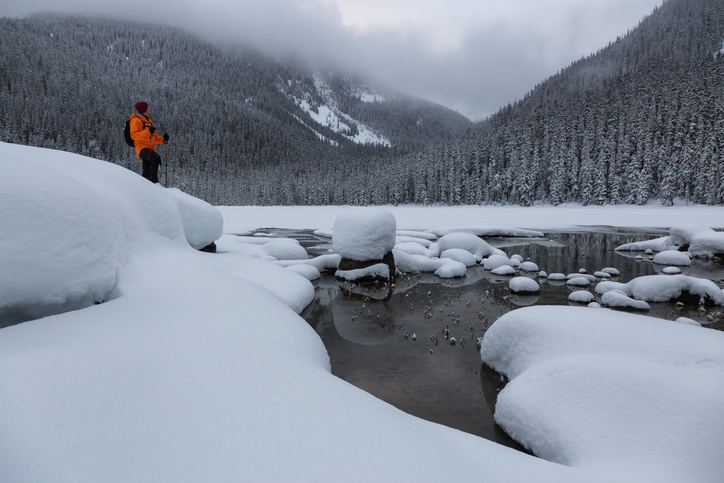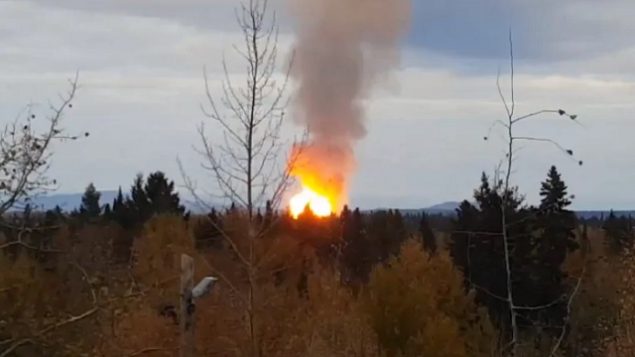As winter approaches, a natural gas company warns supplies will be reduced in the western province of British Columbia. FortisBC says that the explosion of a natural gas pipeline on October 9, 2018 caused damage that will be repaired by mid-November but pressure in the line will stay below maximum levels for several months.

Some parts of British Columbia get very cold and snowy in winter, while coastal regions have milder weather. (iStock)
Average temperatures vary wildly in the province. Coastal regions are milder with the average low for Vancouver Island in January between 4 and -1 C. In Northern British Columbia, the average low in January is between 2 and -25. In central B.C. it runs between 3 and -12.
Conservation efforts already underway
The company says conservation will ensure residents have natural gas for essentials such as heating. It thanked British Columbians who made efforts right after the rupture and explosion which reduced consumption by about 20 per cent. And it urges others to turn down thermostats, reduce their use of hot water and otherwise cut back on their consumption of natural gas.
FortisBC is seeking other sources of natural gas in hopes of providing enough fuel for residents, but also for the province’s important logging, mining and other industries.







For reasons beyond our control, and for an undetermined period of time, our comment section is now closed. However, our social networks remain open to your contributions.